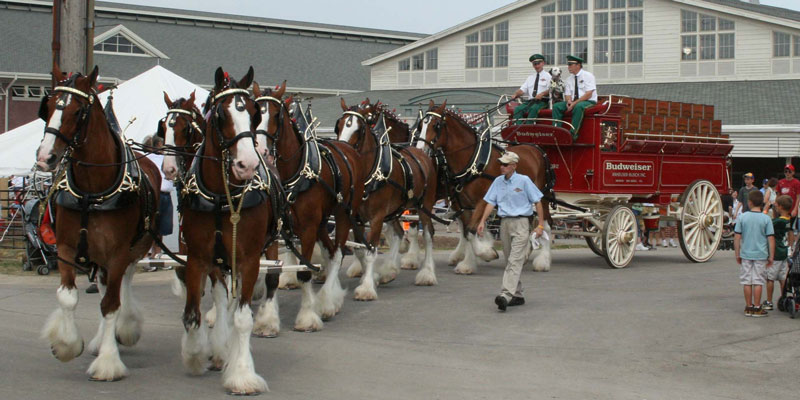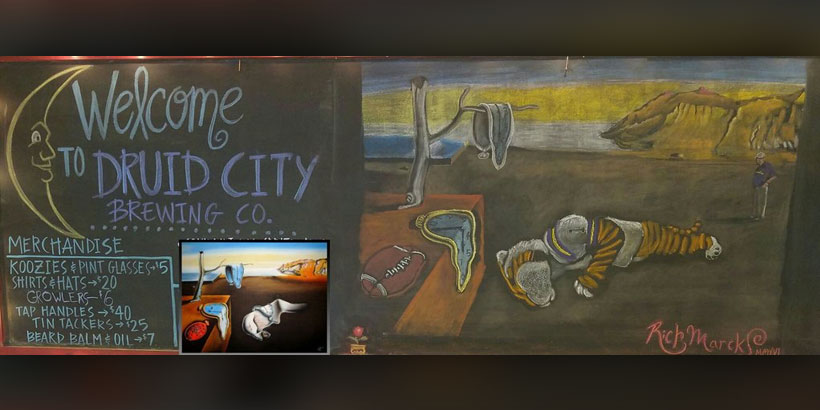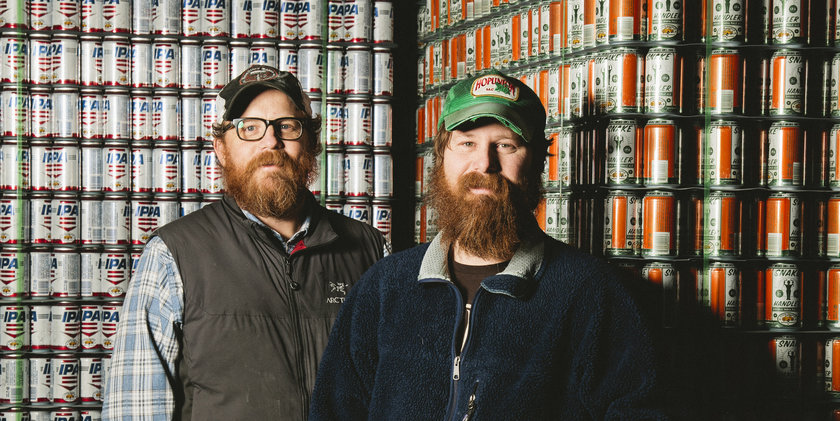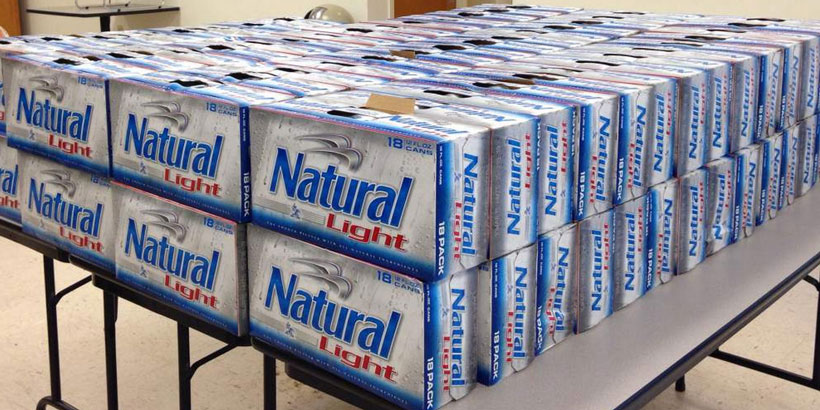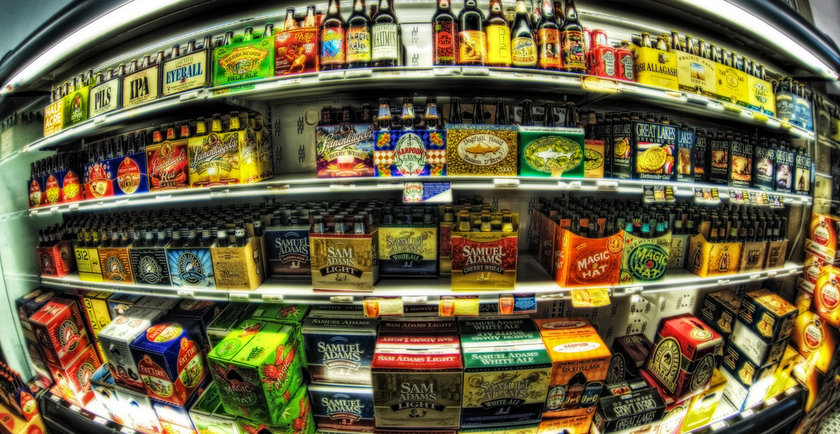
Alcohol is a highly regulated product, as it should be. Laws that crack down on underage drinking or drunk driving are reasonable public policy concerns. Even the three-tier system, a sometimes-maligned regulatory structure that protects bars and package stores from being strong-armed by suppliers, was developed with the public interest in mind.
Then there are alcohol laws which make no sense and only serve to stifle the growth of the rapidly expanding brewing industry in Alabama.
For example, you can visit a winery in Alabama and purchase a bottle of wine to take home. If you try to leave a brewery with a bottle of beer, however, you are breaking the law. At least one microbrewery in Alabama makes both wine and beer – leading to a comical situation where you can visit their location, sample their beer and wine at the facility, but you can only take the wine home.
Alabama is now the only state in the country that prohibits brewers from selling take-home beer from the brewery or brewpub. While these direct sales represent a small volume of beer, they provide support to these small businesses’ bottom line and help them promote their brand to tourists and fans who made the effort to visit their locations.
This state has seen an impressive growth in local brewing in recent years. In 2009, Alabama brewers produced less than 1,000 barrels. By 2013 they were brewing approximately 30,000 barrels of beer a year, just shy of a million gallons. That growth is continuing, but overly-burdensome regulations like the unique prohibition on take-home sales is keeping the industry from reaching its full potential.
HB96 and SB214 have been introduced in 2015 to allow Alabama to join the rest of the country by allowing microbreweries and brewpubs to sell beer to visitors who come to the brewery.
But perhaps the most egregious over-regulation in the Alabama alcohol industry is the so-called beer franchise law. If you support free market principles like freedom of contract, this might make your blood boil.
Brewers in Alabama, like most states, are required to enter into exclusive distribution agreements with licensed beer wholesalers to access retail markets. When you see your favorite beer in a bar or store, it was placed there by a wholesaler. This requirement was introduced back in 1937 and is a major aspect of the three-tier system. The Alabama Brewers Guild supports the three-tier system, despite frequent assumptions to the contrary.
In 1988, five decades after the three-tier system was introduced in Alabama, beer wholesalers convinced the state legislature to pass the beer franchise law. These statutes make it virtually impossible for a brewery to terminate or fail to renew an existing distribution agreement. Regardless of any contract terms and regardless of the quality of service, Alabama law effectively prohibits them from shopping around for better options.
This is a permanent arrangement – brewers are stuck with their wholesalers in perpetuity. The franchise law also overrides written contracts. Brewers are at the mercy of their wholesalers regardless of any mutual agreement to the contrary.
This undermines free market principles and criminalizes fair business competition.
In a free market system, it is the government’s responsibility to enforce contracts, not nullify them. Because of the franchise system, wholesalers that do great work cannot “beat the competition” by acquiring brands from poorly performing competitors. Business efficiencies are not rewarded and there are few consequences for inferior performance.
This is not meant to malign beer distributors. Craft beer would not have seen the success it has seen in recent years without their interest and investment. They are the most important partner a brewery has, and I believe they will thrive in a free-market, competitive environment. At least a few have already acknowledged this.
The original purpose of the franchise law was to protect local Alabama beer wholesalers from multi-billion dollar corporate brewers. Alabama’s local craft brewers are not multi-billion dollar corporations. SB128 has been introduced in 2015 to exempt small suppliers from these requirements.
Alcohol regulations should protect the public interest, not special interests. If the state legislature is truly committed to growing local manufacturing and promoting free market principles, it should carefully consider these two proposals.
Dan Roberts is the executive director of the Alabama Brewers Guild







